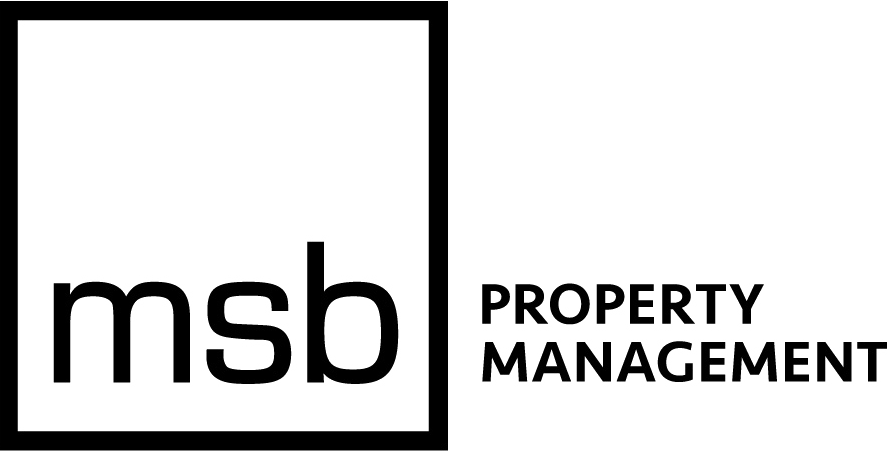Avoiding Liabilities When Inspecting Your Rental Property
This section discusses the importance of inspecting your rental units and the basic health and safety issues to look for when you’re doing on-site visits. An in-person inspection is required by some cities. But even in areas that don’t require it, we recommend visiting the property at least once a year to spot potential issues and/or avoid any legal problems that might arise. Here are some of the things we are looking for when we do our in-person inspections:
Exterior Condition
Do a walk around the exterior. Check gutters and drains for debris. Inspect walls, fences, foundations, etc. for cracks or weathering that may cause issues, and don’t forget to have the roofing inspected regularly.
Security
When it comes to securing a unit, be sure that deadbolts are working, the locks are in order and windows can open and close and lock. Additionally. if you have security bars over windows or doors, you may be required to have quick release mechanisms on the inside for emergency escape. So, be sure to check local regulations to ensure you are in compliance.
Trip Hazards
The property should be free of trip hazards. Make sure pathways, flooring and stairs are in good repair. If you notice something has shifted or is a tripping hazard, make adjustments so tenants and guests do not fall. Landlords could face a hefty lawsuit if someone trips and falls at their rental property due to poor maintenance.
Plumbing
Plumbing issues are one of the most common maintenance items in rental units. Check under sinks for evidence of leaking pipes or deteriorating seals. Run faucets to make sure they operate correctly and that drains are functioning well. In kitchens, make sure the sink either has a strainer or that the garbage disposal is working properly. If you have a dishwasher, check drain connections at the sink as well as any filters if applicable. In bathrooms, be sure to flush toilets and check showers and tubs. Don’t forget to check grout and/or caulking too to avoid potential water damage.
Appliances
Inspect that all appliances are working correctly. This means physically turning on all stove burners, setting the oven to various temps, turning the heater and/or AC on, checking exhaust fans for proper air flow, etc. Be sure not to overlook the gas connections and supply lines on water heaters, ranges, heaters, dryers, outdoor BBQs, or other gas appliances.
Alarms
Test carbon monoxide detectors and smoke detectors. They must be in working condition and installed in accordance to city and state requirements.
Evidence of Pests
Another thing to look for during an inspection is evidence of pests. Check crawl spaces and/or attics, in cabinets and other areas where pests might be found. Pay special attention to places where rodents or insects may get access to the building like tree limbs close to a roof, missing weatherstripping under a door, etc.
This is just a brief list of the things you want to check. For more information on how to conduct inspections, contact us at MSB Property Management.
